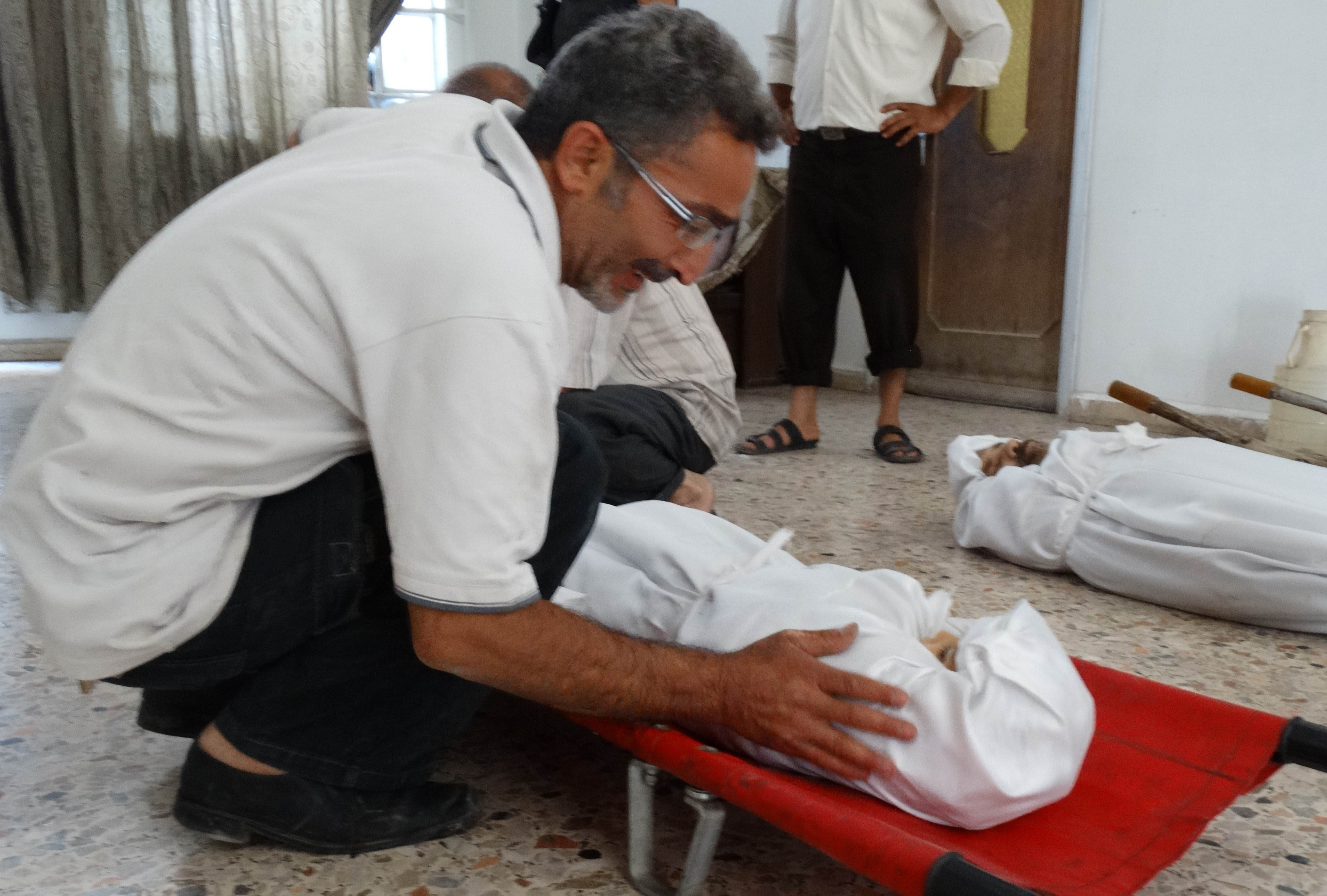After the guns of World War I fell silent, the world's nations convened in Geneva to outlaw for the first time an entire class of weapons. Barely 1 percent of the war's battlefield deaths had come from toxic chemicals, yet these had evoked greater horror than the blast wounds, shrapnel and bullets that killed millions more.
Nearly a century later, images of another chemical-weapons attack are stirring some Western capitals into action, this time over the alleged gassing of thousands of Syrian civilians by their government.
Now, as then, the toll of dead and injured is relatively small, roughly equal to the average number of fatalities in an ordinary week in Syria's civil war.


















With your current subscription plan you can comment on stories. However, before writing your first comment, please create a display name in the Profile section of your subscriber account page.